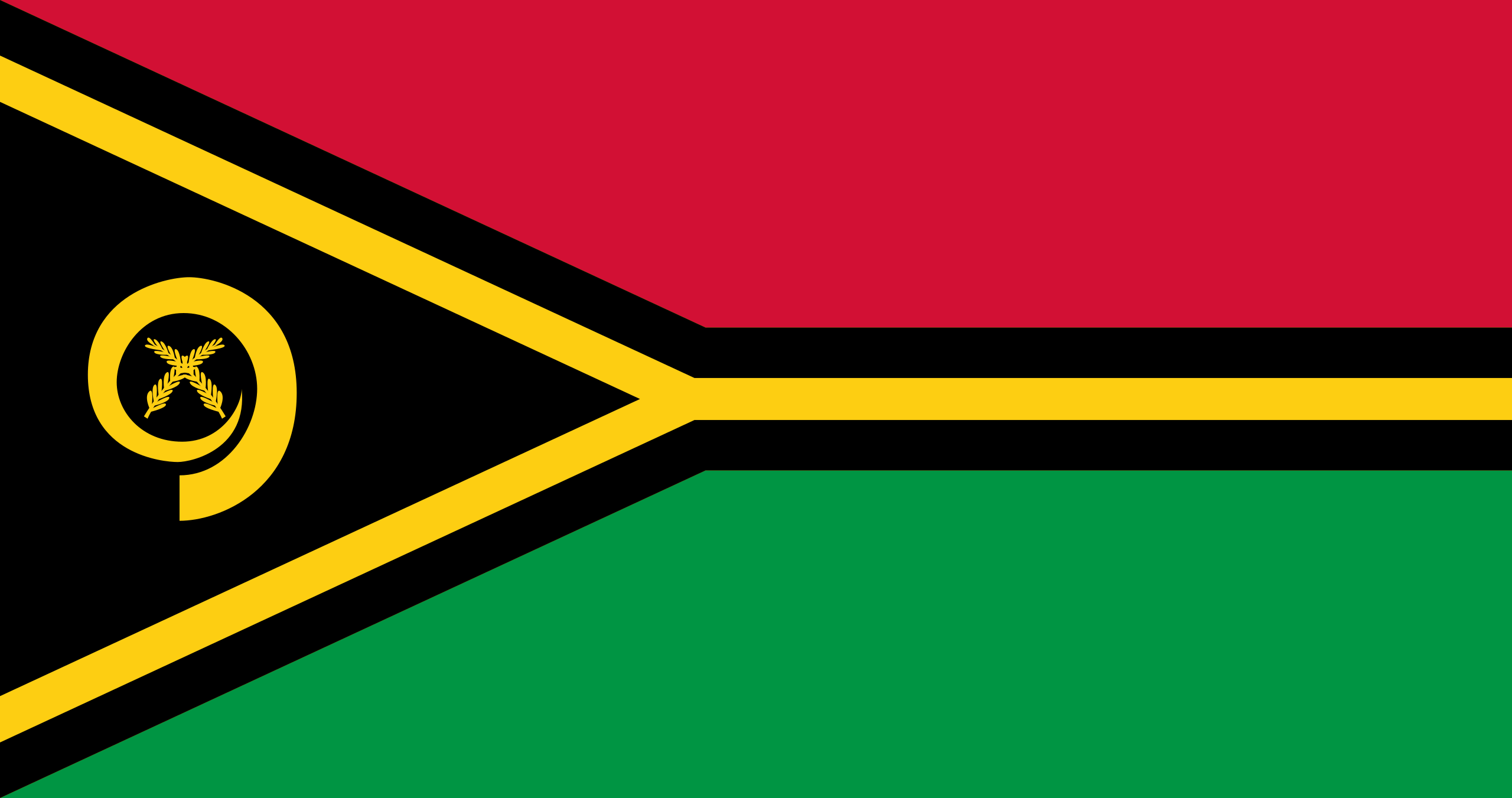In the USA, the first event in the month of July is celebrating independence from Britain. The Declaration of Independence was signed on July 4th, 1776, so the 4th of July is a U.S. national holiday.
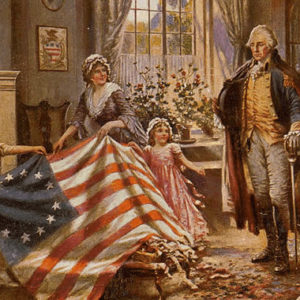
Betsy Ross holding the U.S. flag for General George Washington 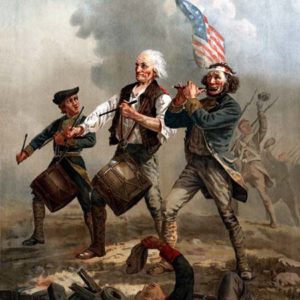
“The Spirit of ’76” by Archibald Willard (late 1800s) 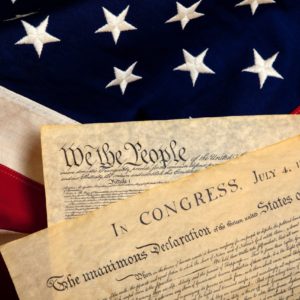
The U.S. Constitution and Declaration of Independence
The 4th of July is an exciting day for many young Americans because it is the second time in the year that fireworks are common (the first time being New Year’s Eve/Day). Many cities have parades for the 4th of July. Barbecues, picnics, and other food parties are common.
Independence around the World
As it so happens, the USA is not the only country that declared independence from Britain in the past. A total of 65 countries have declared independence from the U.K. since 1776. (Map: The Guardian) Other countries that declared independence from the UK in July include:
- Canada (1867 – July 1)
- Malawi (1964 – July 6)
- Maldives (1965 – July 26)
- Solomon Islands (1978 – July 7)
- The Bahamas (1973 – July 10)
- Vanuatu (1980 – July 30)
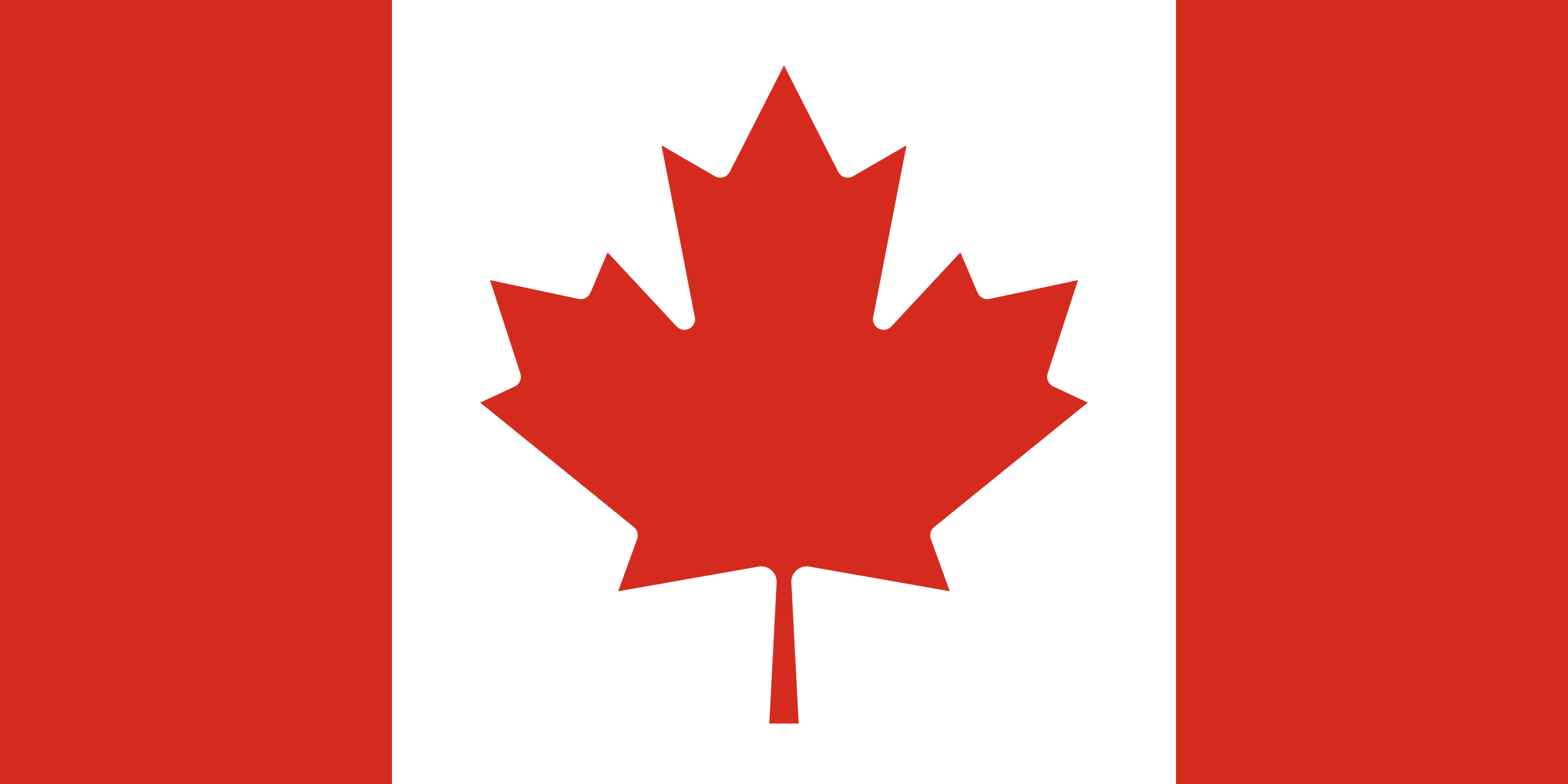
Canada, like the USA, starts the month of July by celebrating its sovereignty – in Canada’s case, promptly on July 1st. Much like the USA, Canada experienced British and French exploration and settlement, mostly on its eastern coast, in the 16th and 17th centuries. It was a British colony from 1763 until 1867, when it was redefined as a “dominion”. Canada Day is actually on the anniversary of the Dominion of Canada being created. (The holiday used to be called Dominion Day.) The name changed in April 1982 when Canada gained full constitutional independence from the Commonwealth. But it was dominion status that was most significant to Canadian settlers, so July 1st is the day they celebrate. Celebrations include parades, display of the national flag, maple leaf decorations, and fireworks. Canada is a constitutional monarchy: it still honors the British royal family.
Malawi became a British protectorate in 1889-1891, due to British missionaries’ concerns that the Portuguese would colonize it instead. Though there were already many British missionaries in the area, the presence of British authority in the region was small at first. However, the region suffered greatly from the effects of WWII, and independence movements gained strength after the war ended. Malawi became independent in 1964. Independence celebrations in Malawi include parades, political speeches, and display of the national flag. Because of the nation’s small economy, independence day celebrations are modest in some years. Within the country, opinions about the value of large independence day celebrations are mixed. (See We need independence celebrations [Part One] [Part Two] and comments).
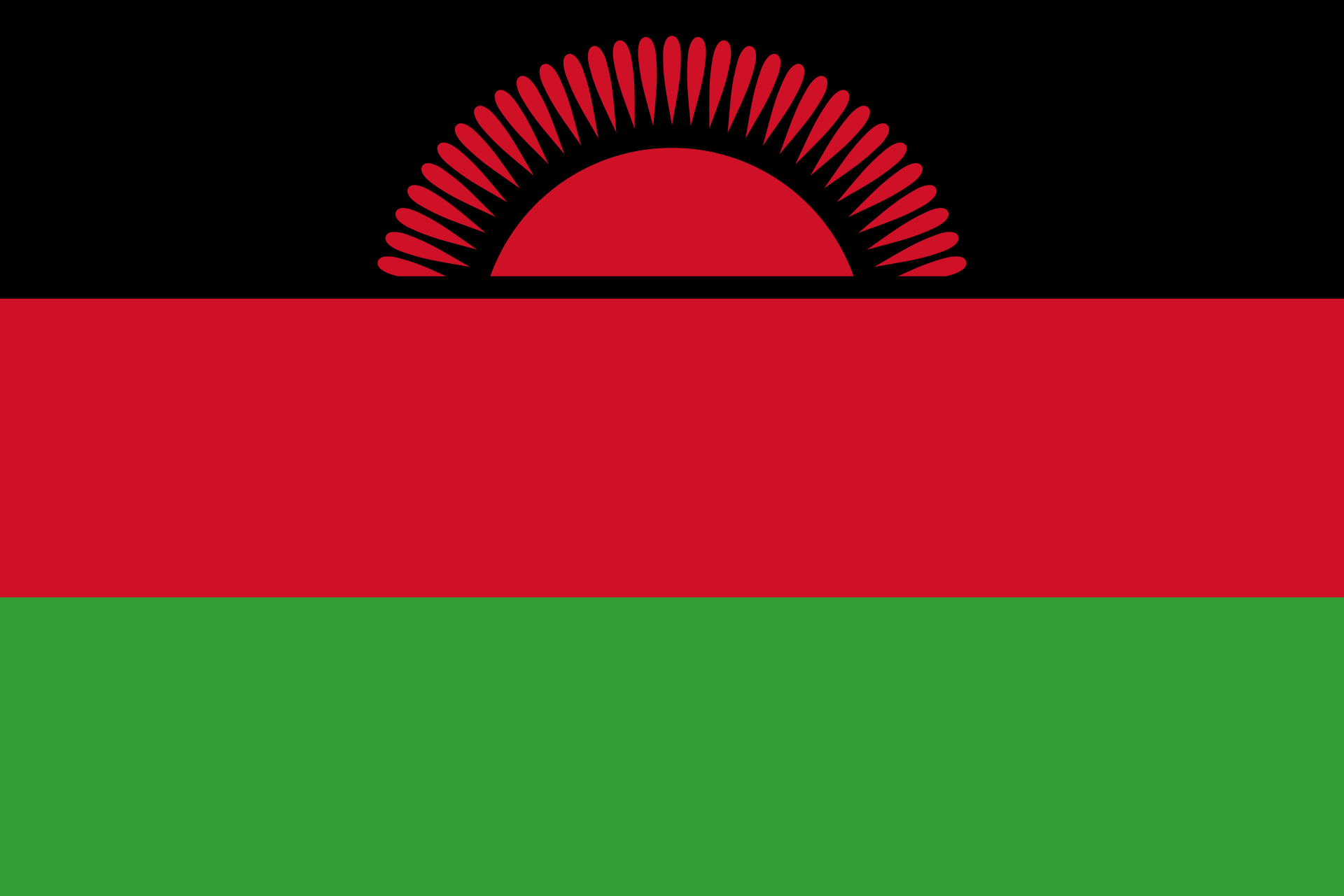
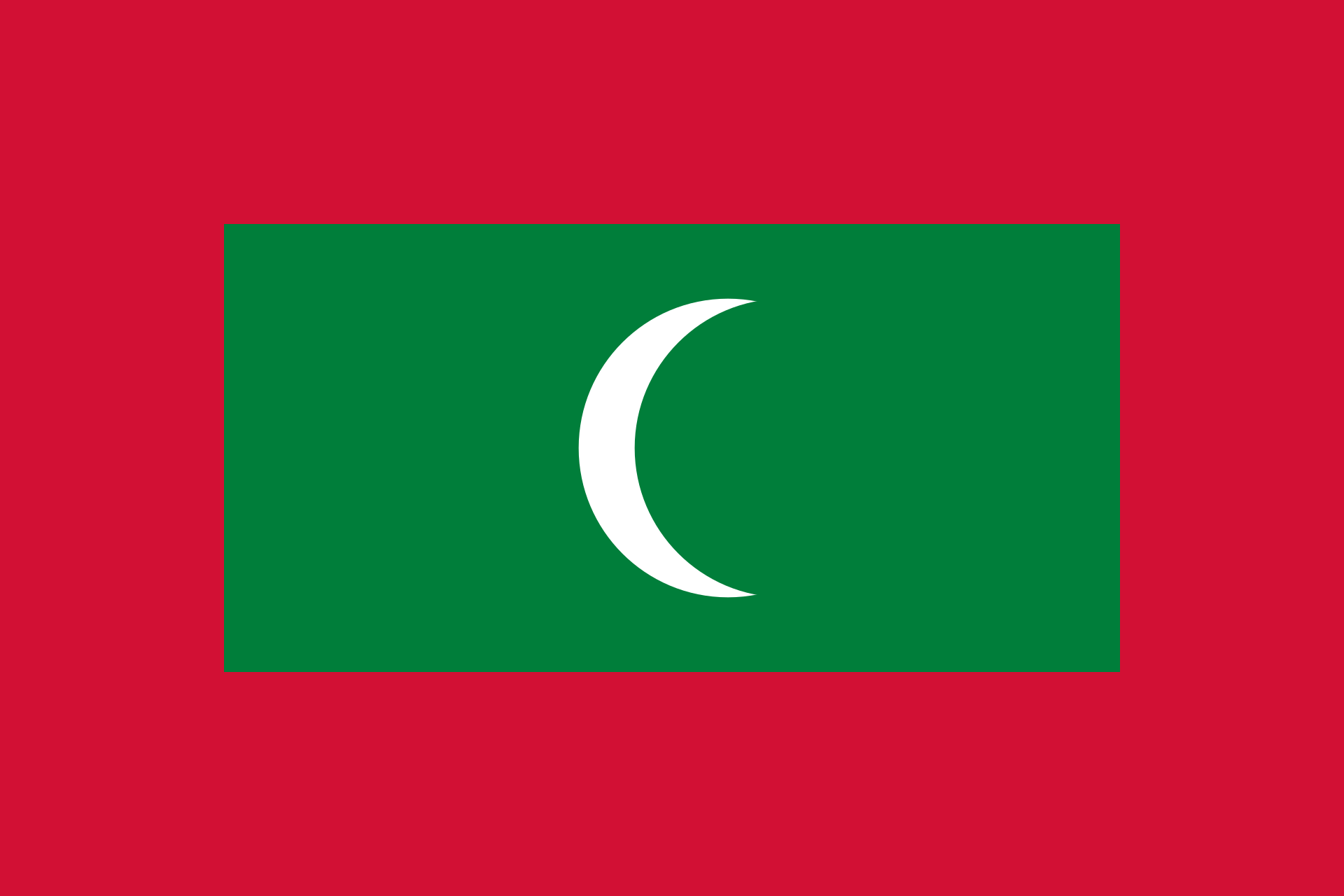
The Republic of Maldives was a British protectorate from 1887-1965, although they never lost their domestic government system during that period. Nevertheless, the British protectorate removed their foreign policy powers. Maldives declared independence from Britain when the protectorate ended in 1965, and July 26th, their Independence Day, is a national public holiday. The day is celebrated with parades and dances.
Solomon Islands became a British protectorate in 1886 in response to German colonization of the northern Solomon islands. At first, the British controlled only the southern islands (the ones that the Germans did not claim), but they gained power over all but two of the Solomon Islands after an 1899 agreement with Germany. Early British rule was exploitative and unpopular on the islands, and many people died there in World War II. After the war, the British began establishing a parliamentary system in Solomon Islands to prepare for their own loss of political power. At a 1977 conference in London, the British government agreed to independence for the Solomon Islands, which took effect in 1978. To this day, Solomon Islands is a constitutional monarchy with Queen Elizabeth as the reigning monarch, and Independence Day is a national public holiday celebrated on July 7th. The capital city usually recognizes the day “with a parade by the Solomon Island police band. Festivities continue throughout the day and include youth dramas, traditional dance performances and more.” (Source)
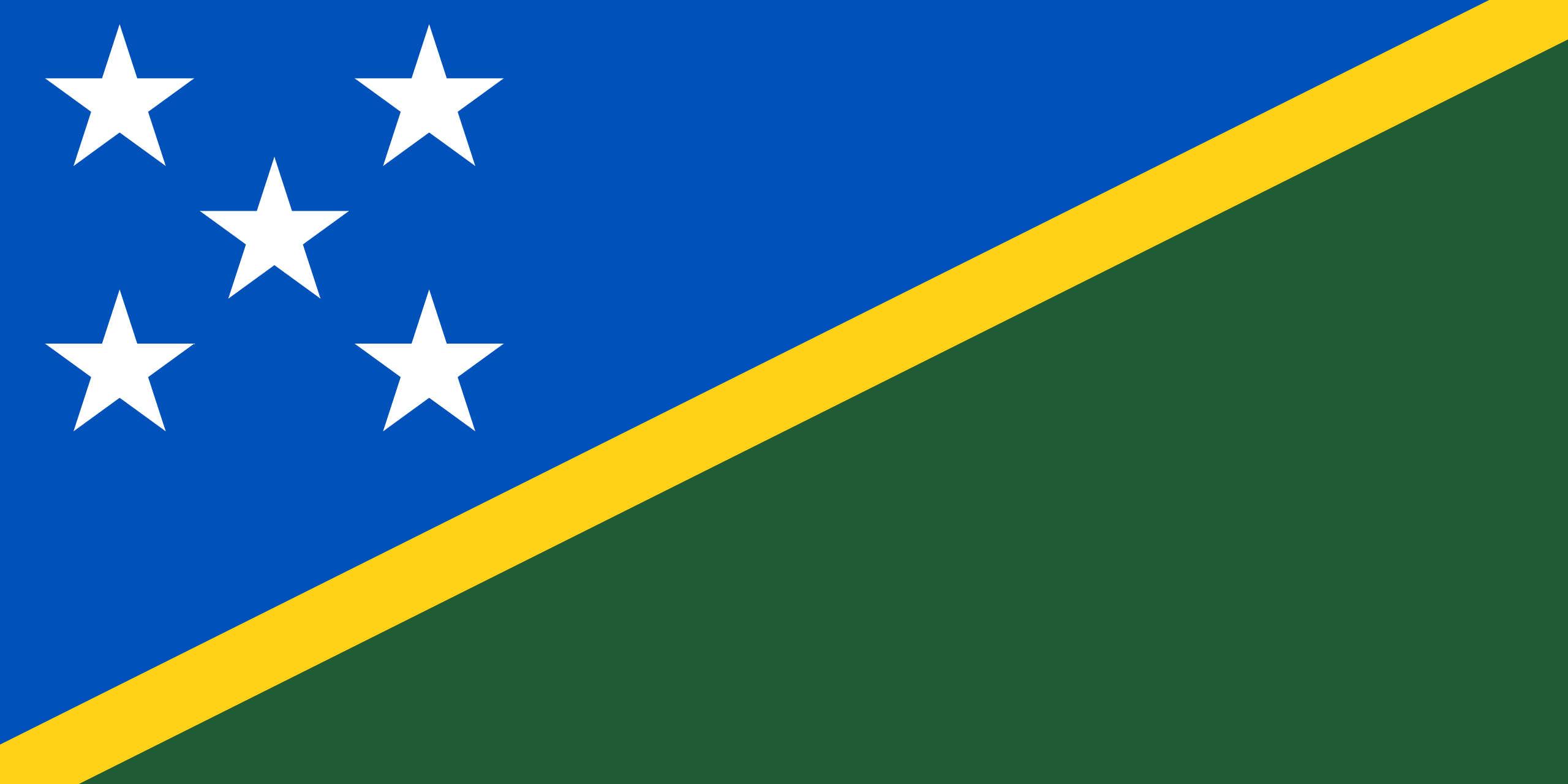
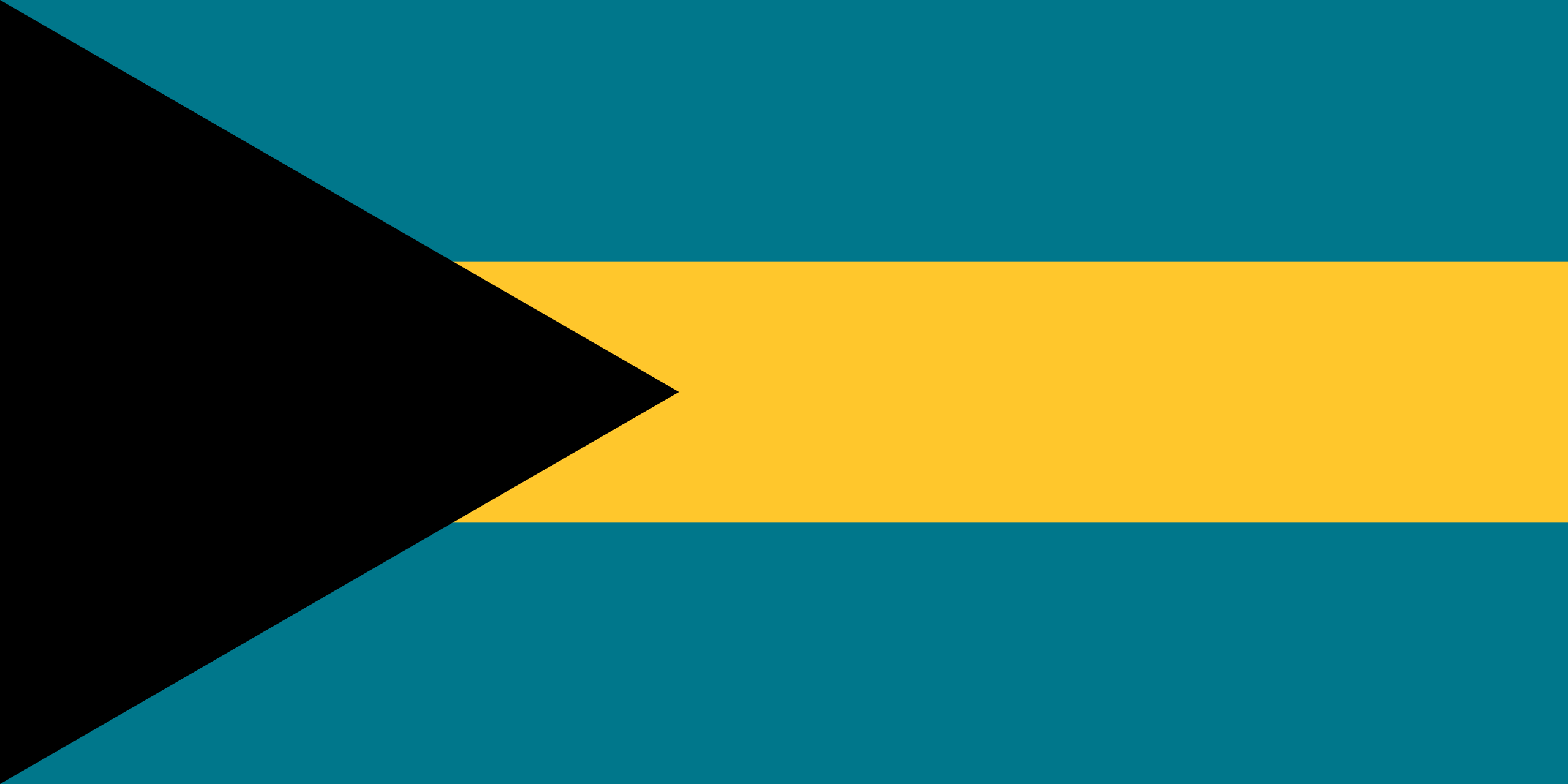
The Bahamas became a British colony in 1648, about 50 years after the Spanish expeditions led by Christopher Columbus had encountered and devastated the islands and the native Taíno population. The first British settlers arrived in the Bahamas seeking religious freedom, but later British colonists escaping from newly independent America brought their slaves. Bahamian colonists engaged in the African slave trade until it was abolished in British territories in 1807. (The British Empire fully abolished slavery in 1834.) After World War II, many colonial powers were reevaluating their situations, and Bahamian calls for independence reached the public narrative. The British House of Lords voted to grant independence to The Bahamas on 22 June 1973. The official documents declaring The Bahamas a fully independent nation were delivered to the Bahamian government on 10 July 1973, so this date is now celebrated as the country’s Independence Day. The Bahamas is now an independent constitutional monarchy, recognizing Queen Elizabeth.
Vanuatu was officially colonized in 1906 by both British and French colonists, in an arrangement called the “Anglo-French Condominium”. (British and French missionaries and planters had been arriving on the island since the late 1830s, but they did not have strong political power until Britain and France made an agreement to share authority there.) The split colonial government was dysfunctional and discriminatory, and the new presence of American troops during World War II disrupted the colonial power structures. After the war, uncontrolled international investment was overwhelming native resources and taking too much land. Protestant British colonists started advocating for rapid independence and planned their departure from the islands, while Catholic French colonists advocated for a more gradual transition. The rapid-independence movement won more seats in the local government, and Vanuatu gained independence in 1980.
